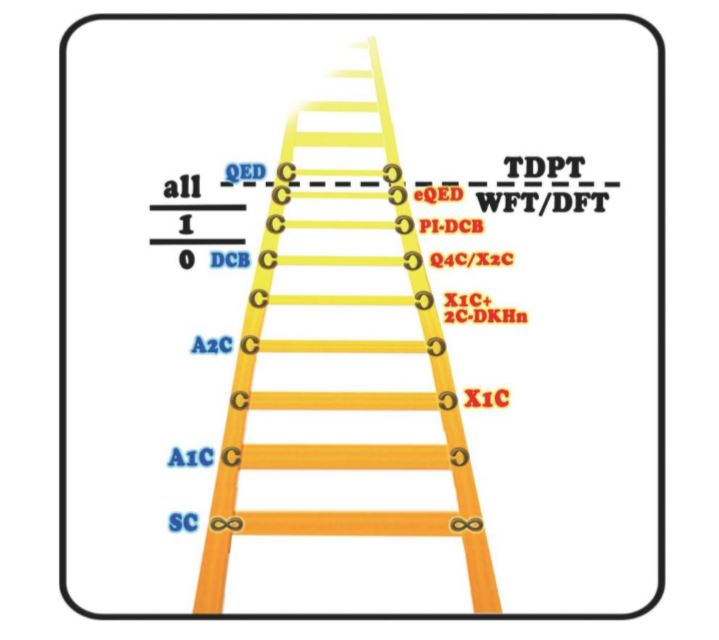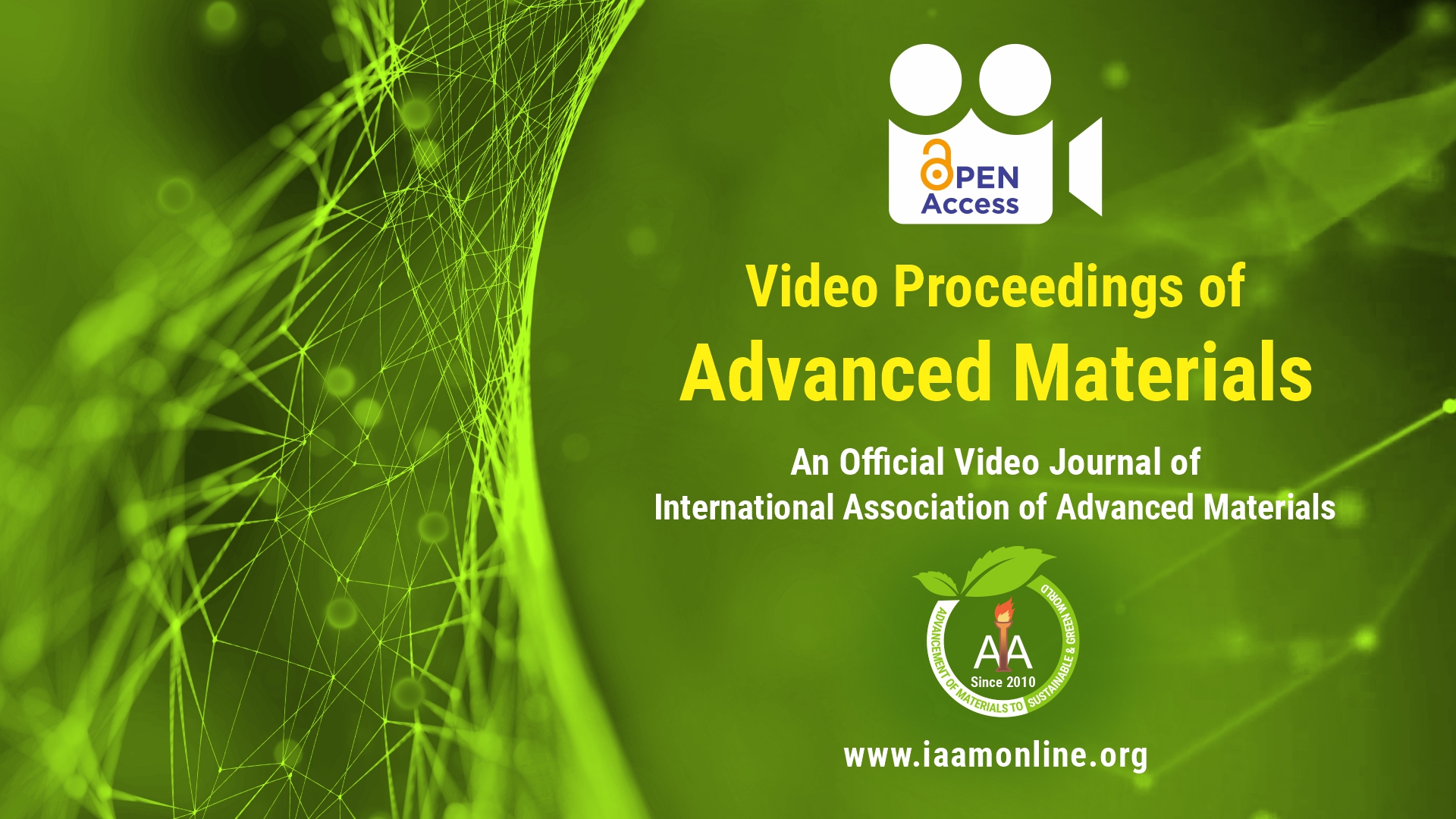Video Article Open Access
“Relativity + Correlation + QED = Experiment”
Wenjian Liu
Qingdao Institute for Theoretical and Computational Sciences, Shandong University, Qingdao 266237, China
Vid. Proc. Adv. Mater., Volume 2, Article ID 2021-0166 (2021)
DOI: 10.5185/vpoam.2021.0166
Publication Date (Web): 09 Feb 2021
Copyright © IAAM
Graphical Abstract

Abstract
In this lecture, I will first highlight recent advances in relativistic molecular quantum mechanics and many-body quantum electrodynamics (QED) [1-3], and then present new wave function-based methodologies for strongly correlated systems of electrons [4,5]. In particular, when combined with the selection of important configurations represented in a local basis, the iCIPT2 method [5] can handle large, strongly correlated systems, for it can adapt automatically to variable static correlation. The ultimate goal is to combine relativity and QED with many-body theory for high-precision calculations of electronic and magnetic properties of molecules and materials.
Keywords
Relativity, QED, many-body theory, strong correlation; excited states, magnetic properties.
References
- W. Liu, Physics Reports 2014, 537, 59.
- W. Liu, National Science Review 2016, 3, 204.
- W. Liu, Journal of Chemical Physics 2020, DOI: 10.1063/5.0008432.
- W. Liu and M. R. Hoffmann, J. Chemical Theory and Computation 2016, 12, 1169.
- N. Zhang, W. Liu, and M. R. Hoffmann, J. Chemical Theory and Computation 2020, 16, 2296.
Biography
Wenjian Liu is chair professor of Shandong University, inaugural director of Qingdao Institute for Theoretical and Computational Sciences, elected member of International Academy of Quantum Molecular Science (IAQMS), fellow of Royal Society of Chemistry, and fellow of Asia-Pacific Association of Theoretical and Computational Chemists (APATCC). He is the winner of the Annual Medal of IAQMS, the Pople and Fukui Medals of APATCC, and the Bessel Award of the Humboldt Foundation. His research interests include relativistic electronic structure theory, many-body theory, and time-dependent density functional theory.
Video Proceedings of Advanced Materials

Upcoming Congress



